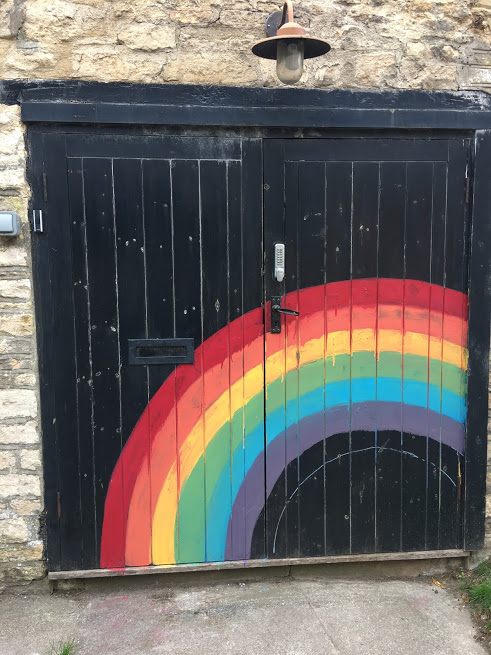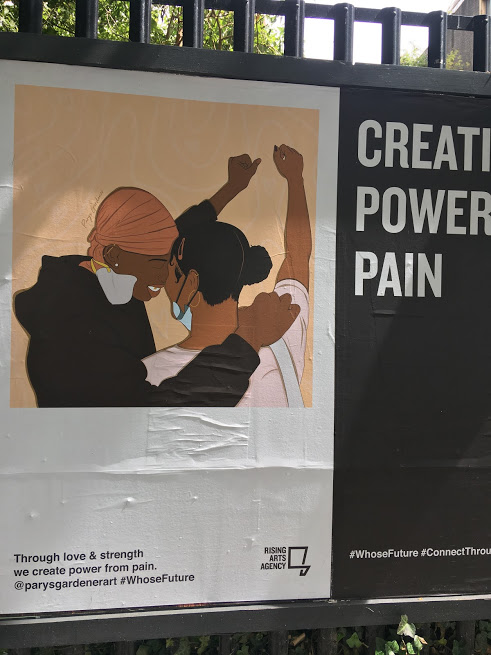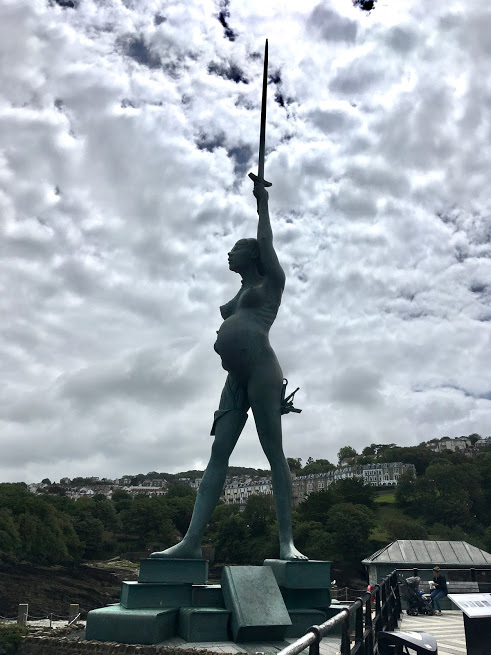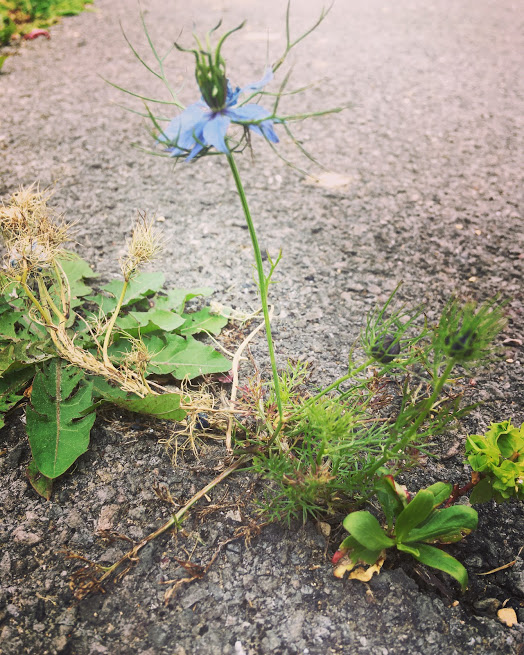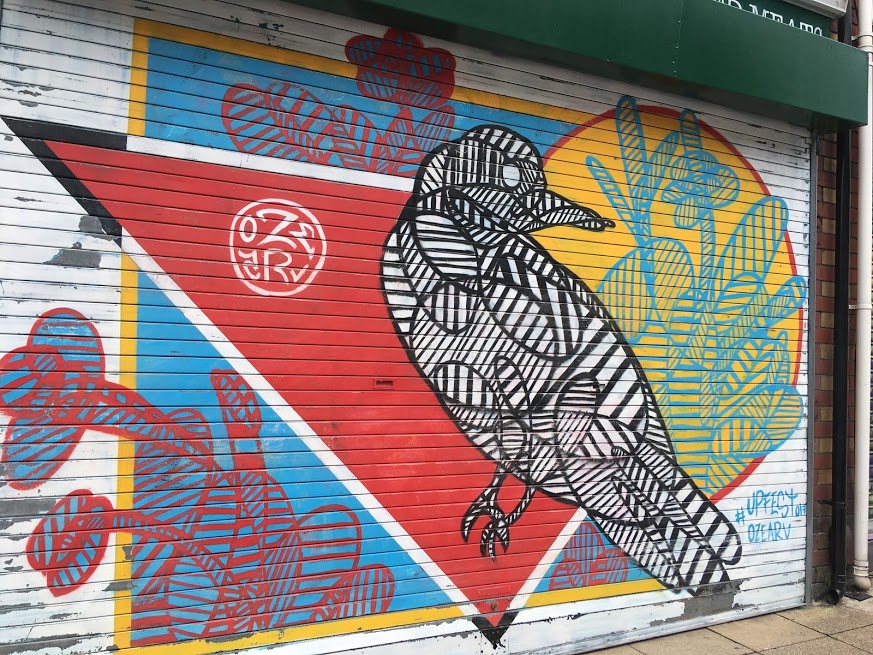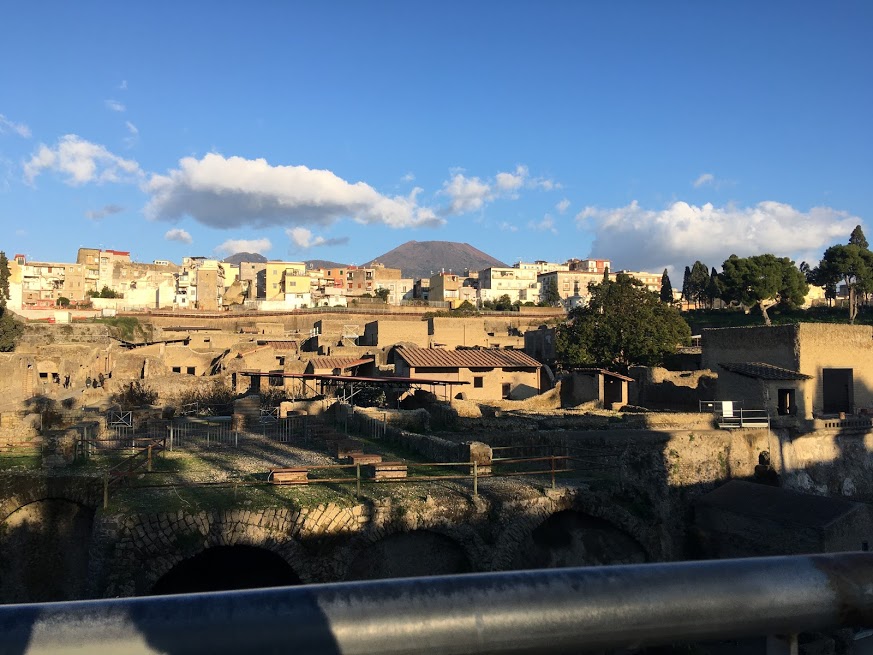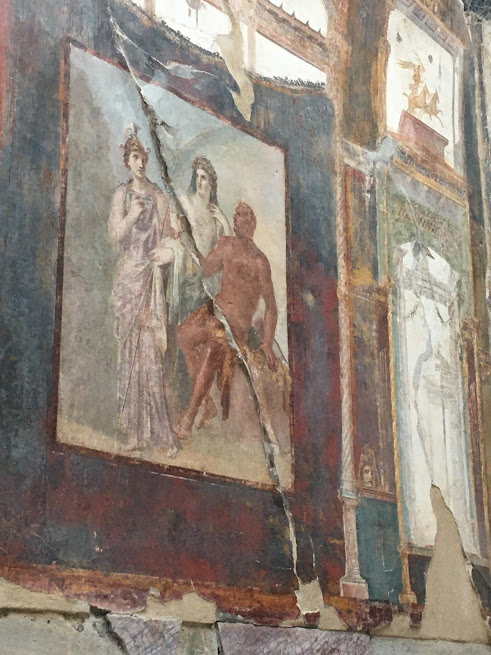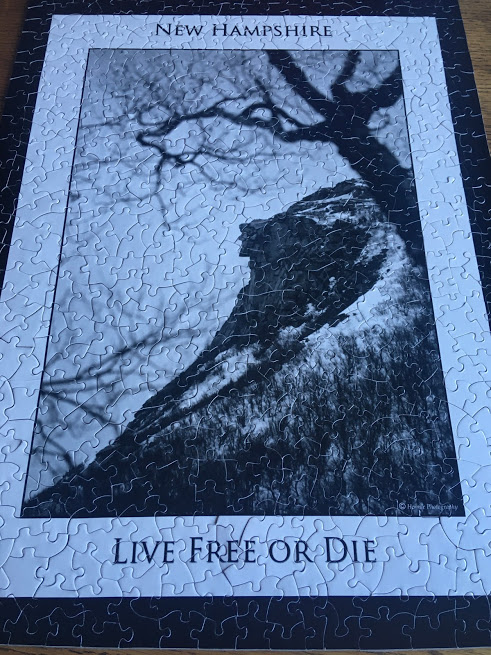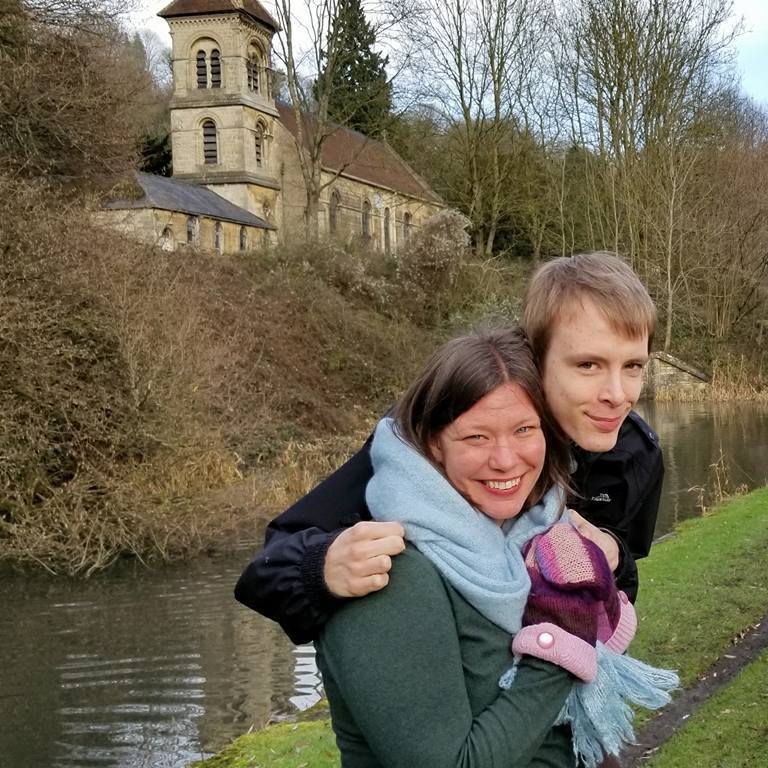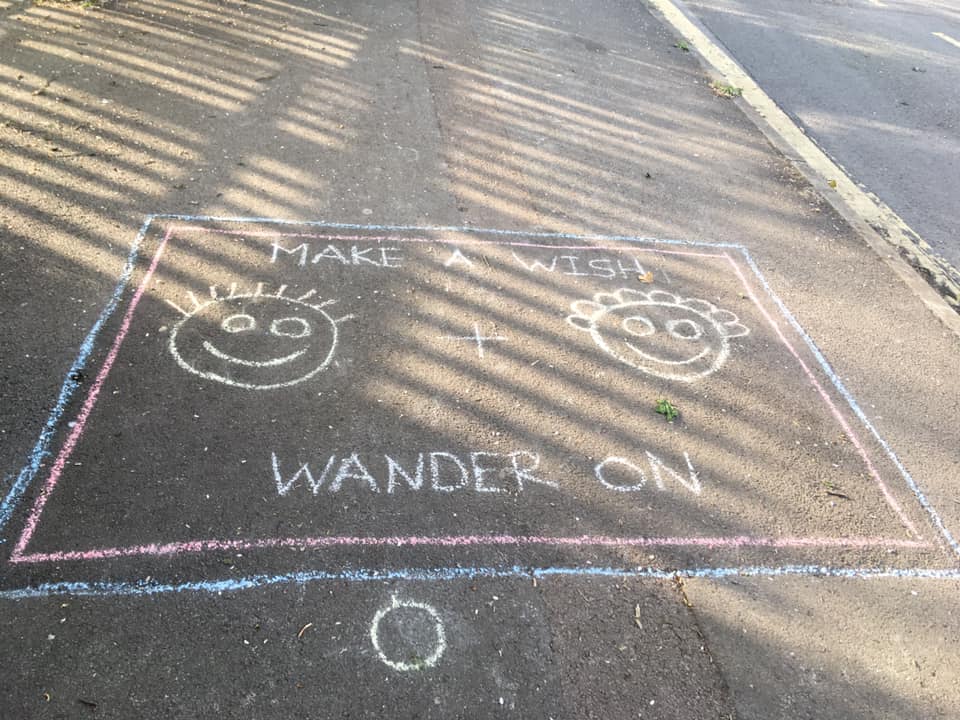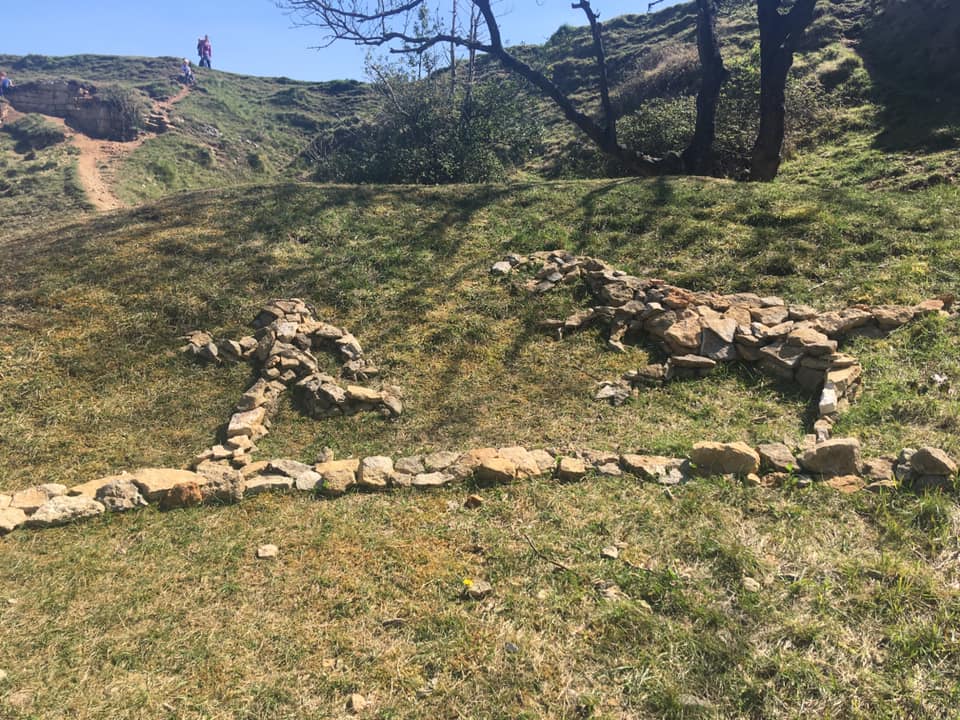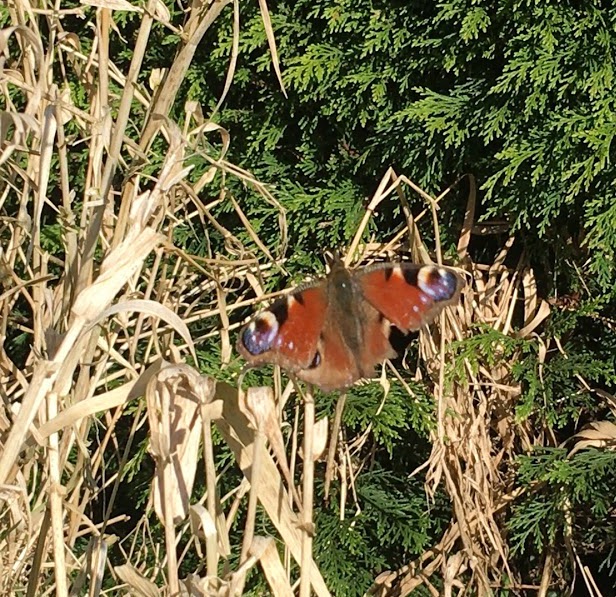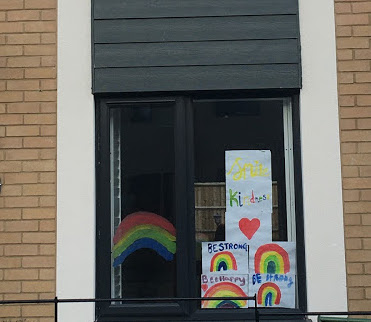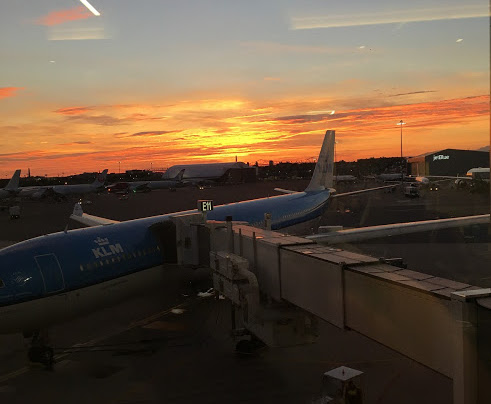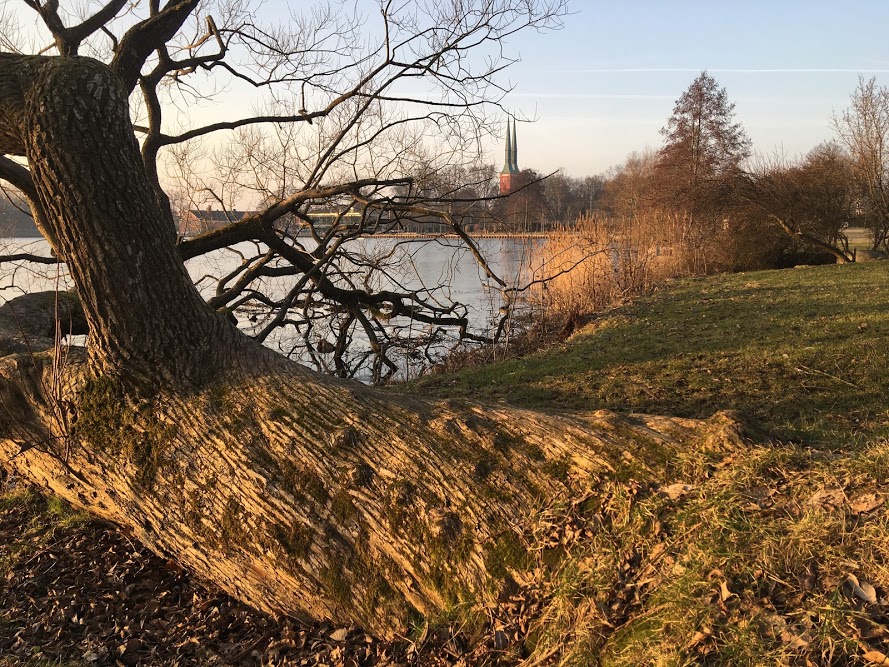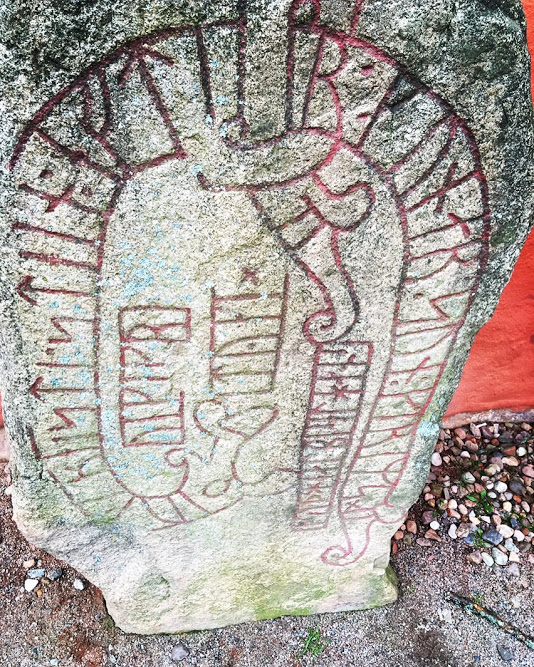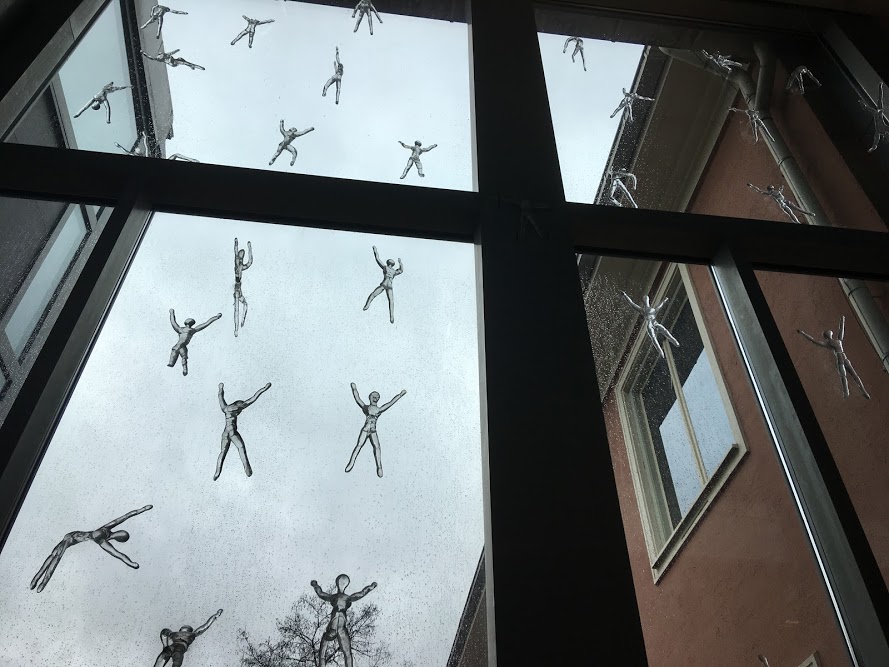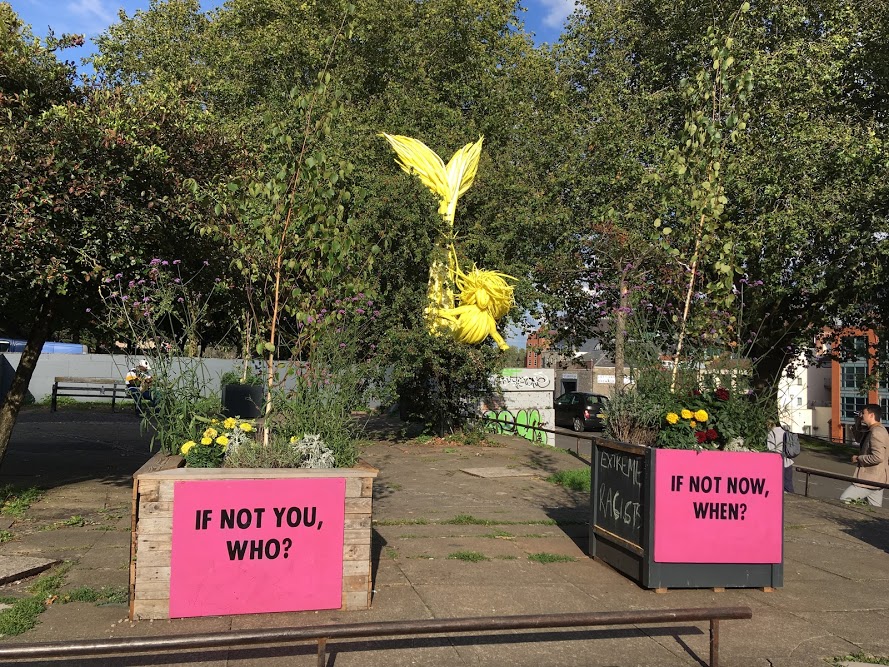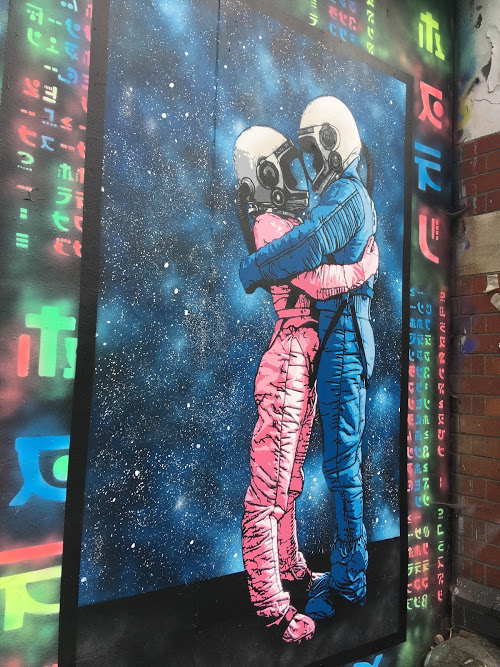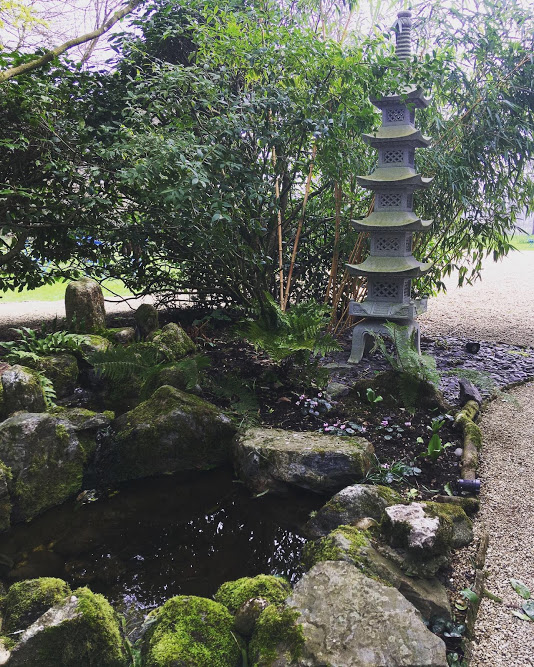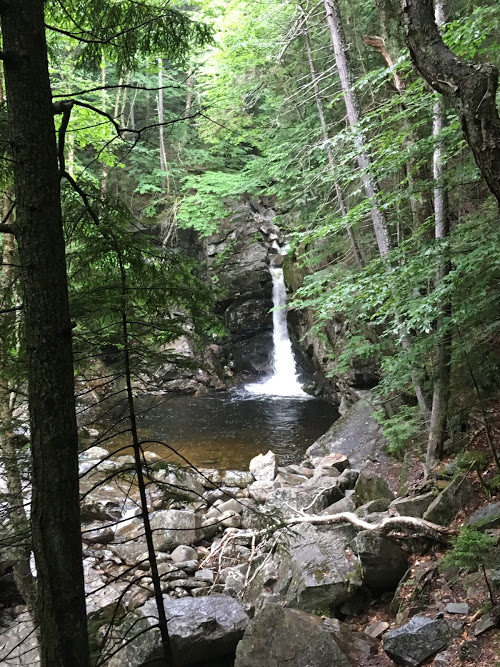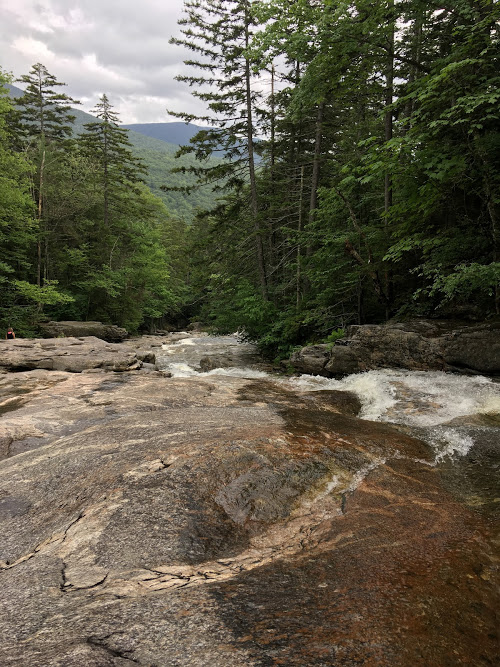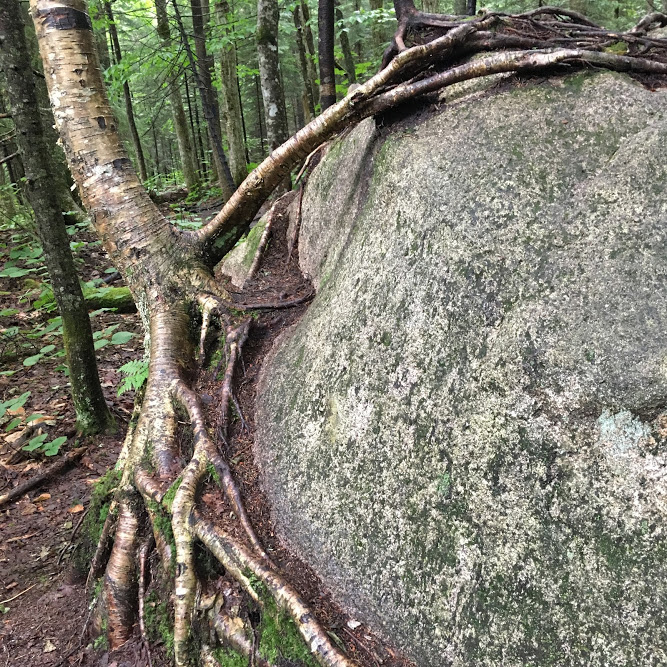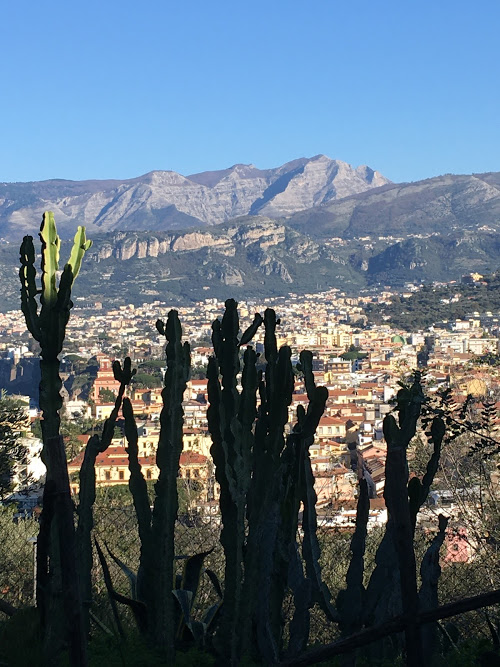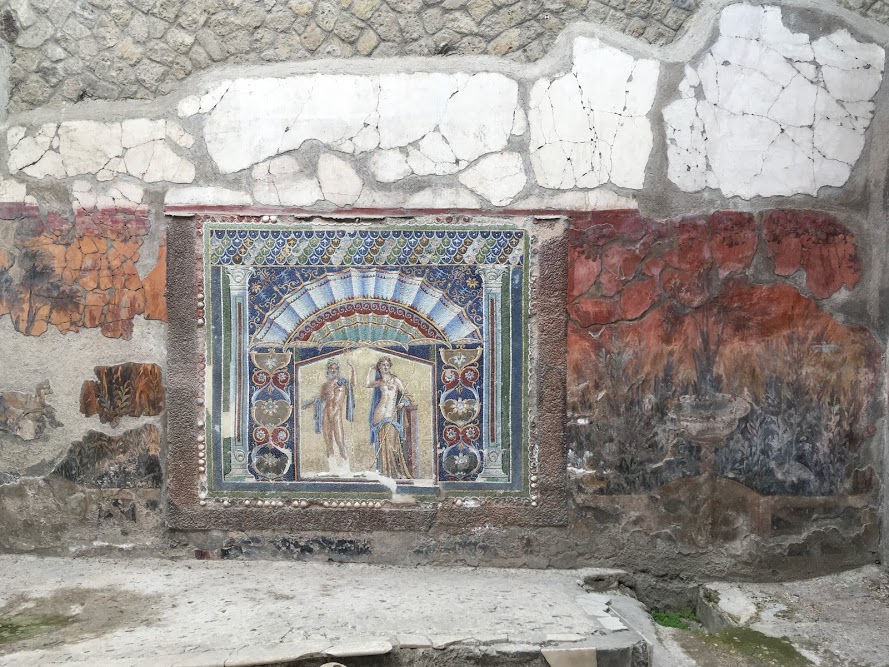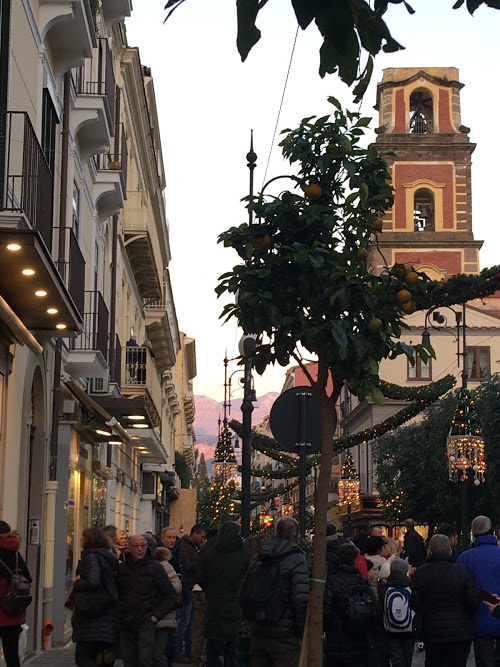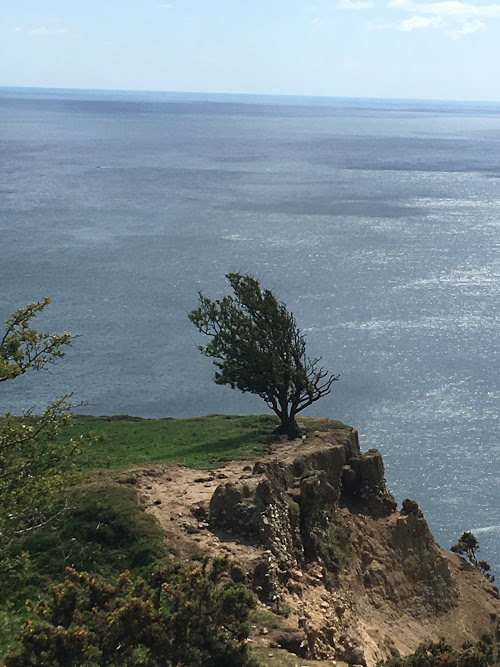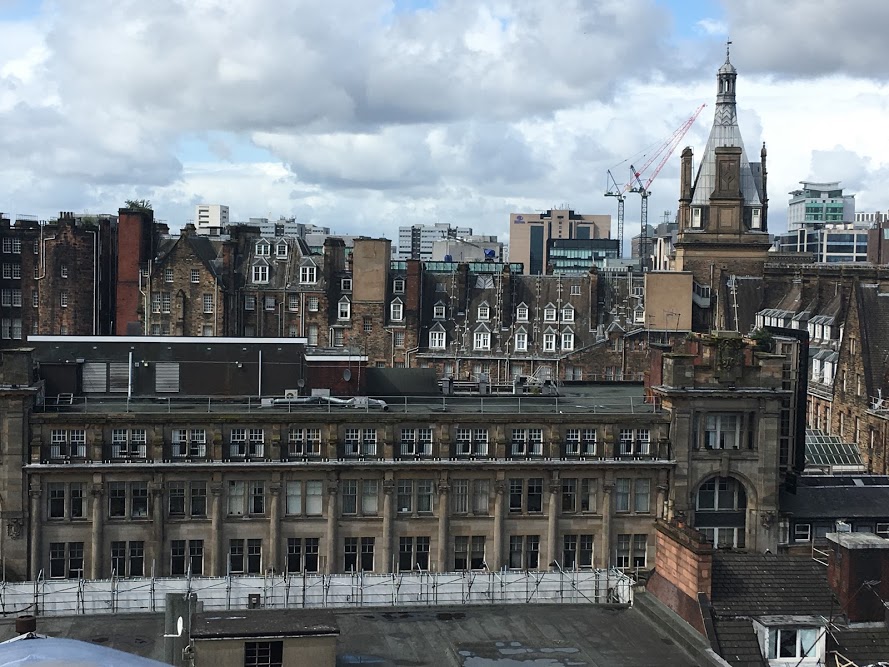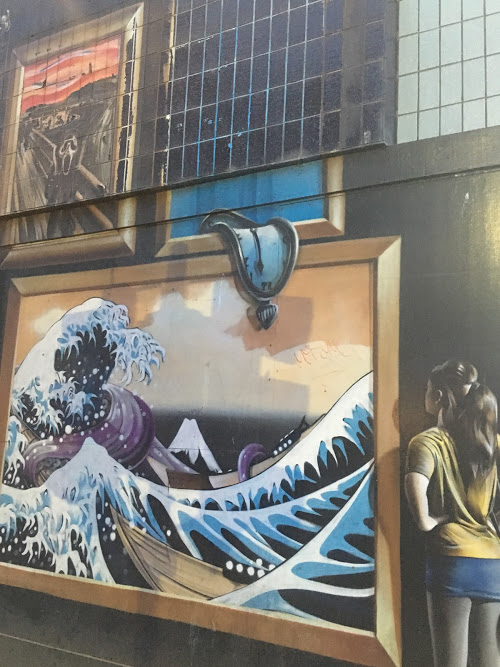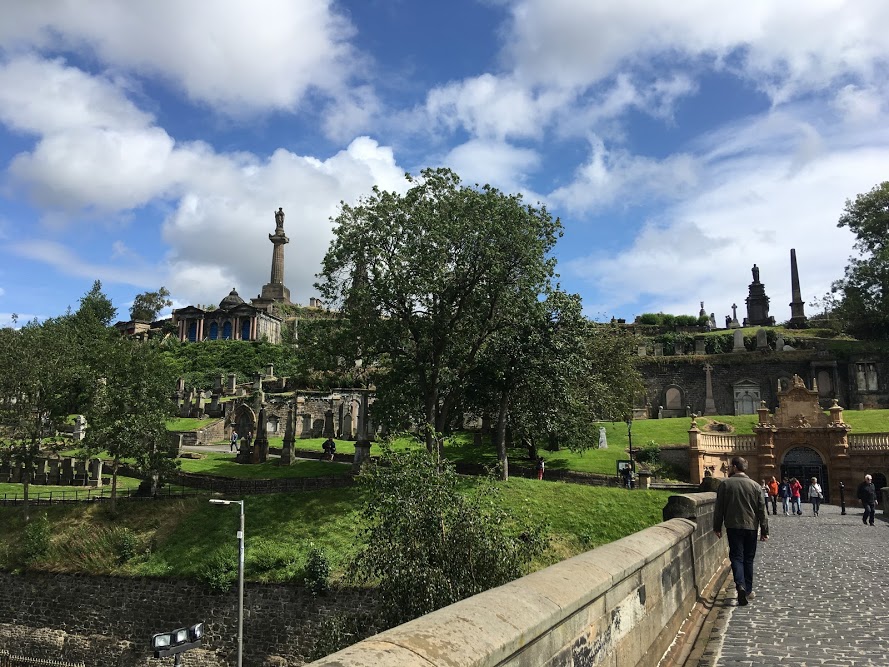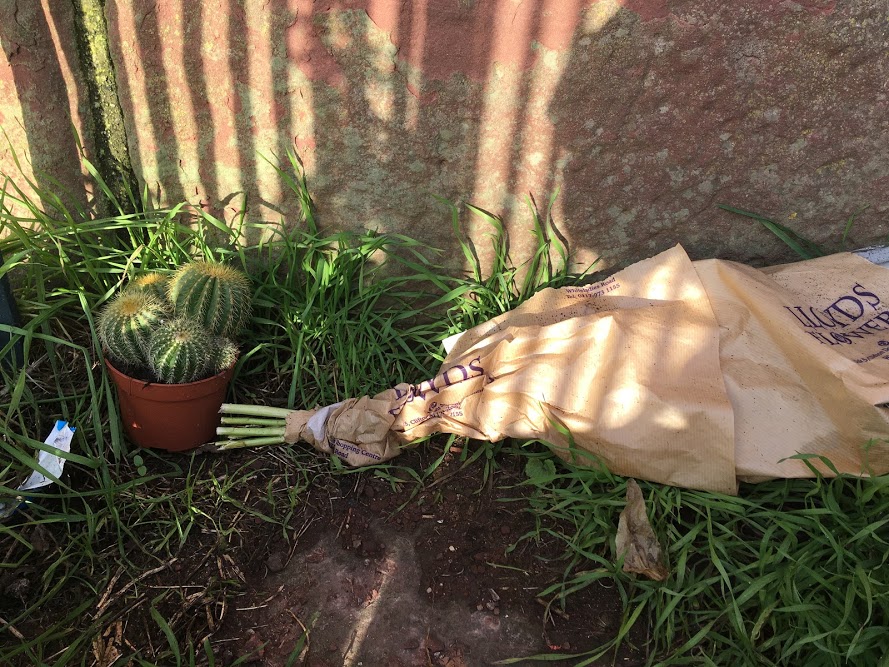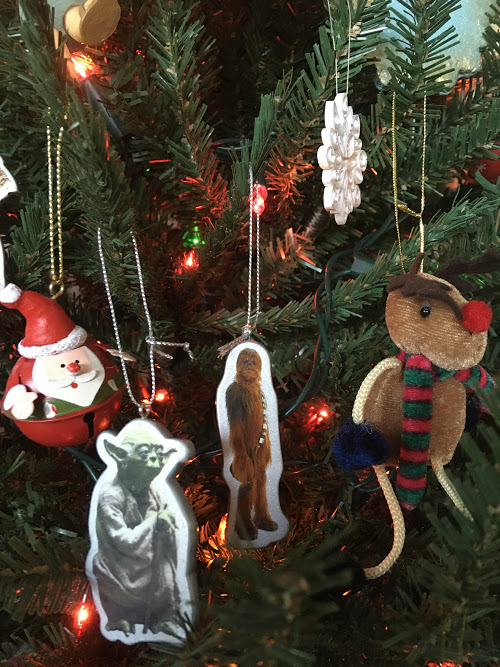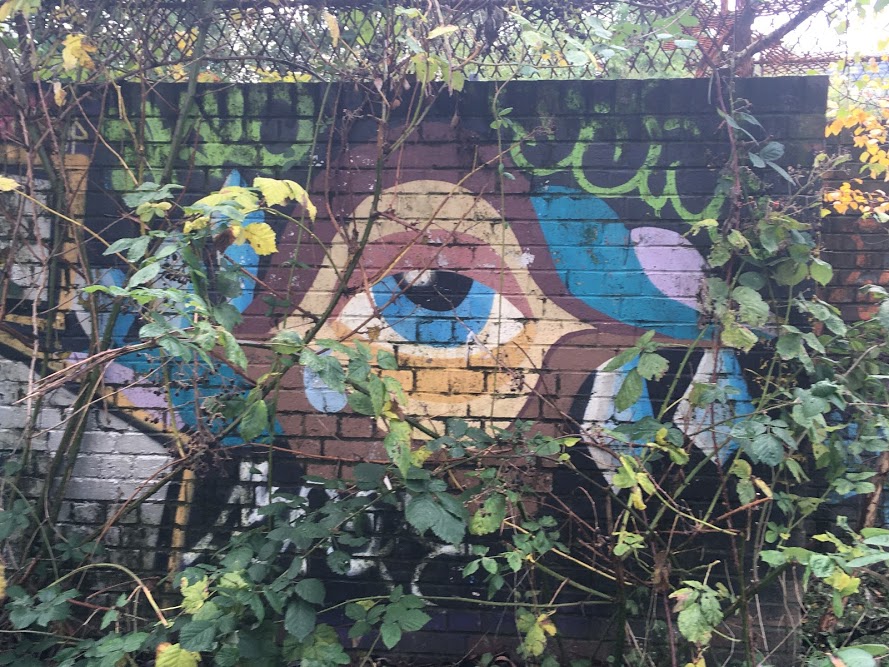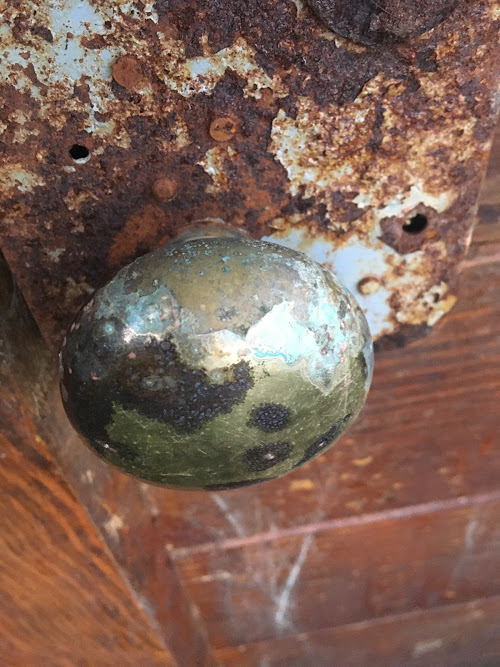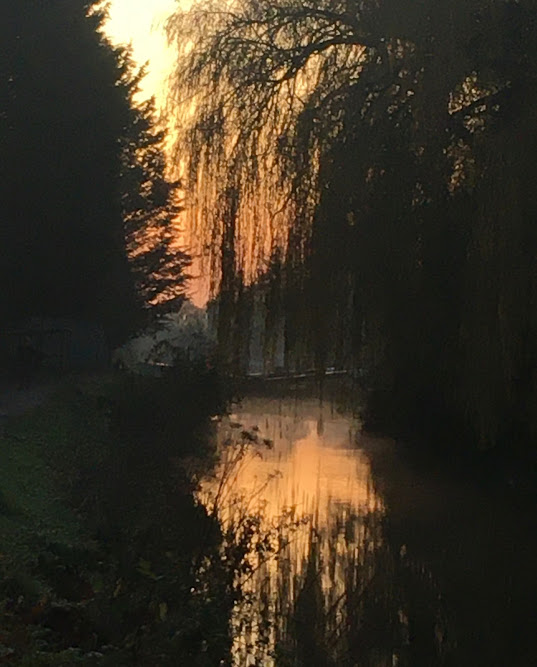This Week’s Bit of String: The talking shadow
“In Mario,” My eight-year-old used his customary conversation starter, “sometimes there’s a little guy who follows you around and tells you stuff.”
I paused while fixing dinner. “I’ve got one of those, too.”
“What? No, not like that.” He grinned though. He knew I meant him. With strict limitations on time spent actually playing Mario, he spent a good deal of time talking to me about it, and about other things. Every walk, every errand, every chore and the many, various games and endeavours we engaged in happened to the soundtrack of him recounting playground exploits, giving his musical opinions, or providing play-by-play narrative of races.
I don’t recall the name of this Mario character, but I remember my son’s feet on the grey, slate-style kitchen floor as he told me about The Little Guy Who Follows You Around and Tells You Stuff. My son has very long, thin feet to match his long, thin body, and they taper into pointy heels so I’ve always called them “triangle rabbit’s feet.”
Finding Out Stuff
Maybe this particular exchange stayed with me for over a decade not just because of its representation of our relationship but because it echoed a certain idea of a muse. We have this conception when we start out as writers that inspiration is a separate entity leading us, drawing our attention to useful material. Even if we don’t consciously admit to that expectation, I think it’s there.
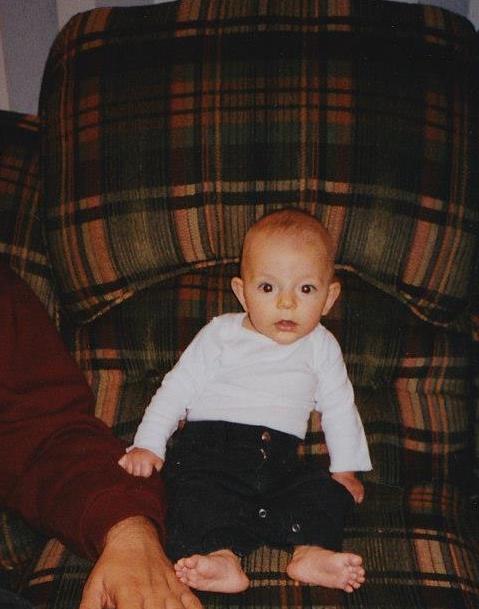
The word Muse, though, originates from an ancient word for “to think.” As writers, we have to be vigilant for ideas, and spend the time and mental energy refining them into art. There’s no constant chaperone or information source.
Same with parenting. There’s not a single point where your kid decides whether to keep talking to you. There are many little moments which will create a lasting impression. I’d hate for my son to think I didn’t like him telling me stuff, so I took interest, though I couldn’t take in every single thing. I became the Little Mum Who Checks in Regularly and Listens to Stuff. It worked pretty well.
Claim Versus Connection
My sister told me, after a brief stop at home in my freshman year at college, that my mother cried as she put my cup away. This seemed silly at the time. I’d lived away that whole summer for my job, before leaving for university. Why make a fuss now? With the excessive knowledge of a 17-year-old, I thought my mother was making an unjust claim over me. I didn’t belong to her anymore.
Now I’ve just taken my son to university. I won’t have him telling me stuff, although hopefully regular texts will continue. Beyond pandemics, lockdowns, economic depressions, and food shortages (you know, what everyone stresses about now), I’m not too worried about him. He is eager to start his primary teaching course, and excited about the different people he’ll meet.
He’s shown perseverance and talent to get where he is. I’ve never allowed myself to say I’m proud of him because even if I’ve guided and supported, he’s made his own choices and committed to growth. I can’t claim credit for his achievements.
I miss him so much, though. Him following me around telling me stuff was a privilege I enjoyed for all of my adult life, and I can see now that my mother, the most selfless person on earth, wasn’t crying over a lost claim but because from an overstretched connection.
Babies and Books
I’ve written before about how Books Aren’t Babies. We should boldly send them into the world, because submitting our writing is less scary than relinquishing our children. Less sad, too. But our creative endeavours and our progeny both come down to connection rather than ownership.
Have we made space and time for our writing, have we listened to its essence and then, ultimately, let it unfold as needed? Even when we’re lucky enough to get pieces published, as I was in two recent online literary magazines (this Kafka parody and this personal essay), we’ll always look at our creation with agonised love, wondering, “Did I do enough?”
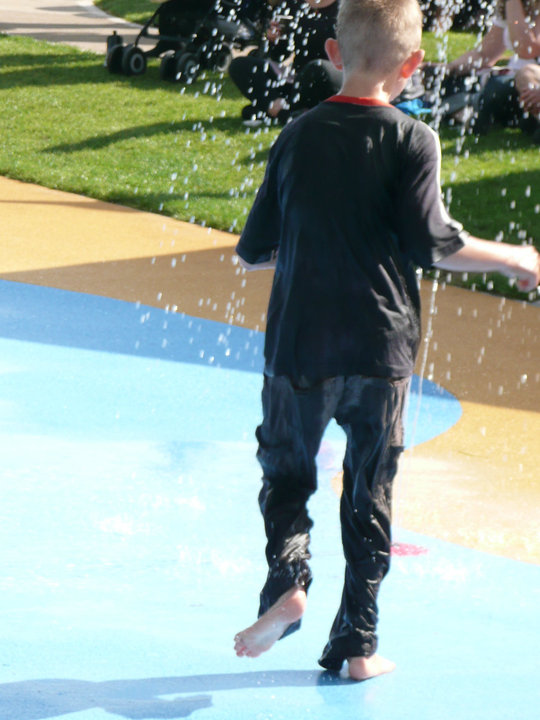
Nothing can be enough for something we can’t get enough of. I had 6 months working from home with my 18-year-old also locked down. I’m so glad that for one of the first times in his life, we got to visit with each other for three meals per day. Didn’t make it easier to drive away from that uni without him, though. I watched the houses go by and felt ragingly envious of all their inhabitants now in closer proximity to my favourite young human than I am.
I believe there’s only full-time parenting or writing, no other way truly exists. Both are consuming. Parents spending all day with their kids show incredible perseverance. For those of us with extra jobs, our hearts also are with our kids and our minds keep pivoting there as well. Frequent interruptions, every spare minute devoted to family-centred errands and admin work, every reminder of someone else’s children aching the chest. Just as we scout constantly for writing-related inspiration and lessons while at the workplace, we’re also tuned in to anything that will deepen our connection with our children.
The perk of this exhausting triple life? Souls this full of love are never empty. I’ve tried to rest my brain from writing sometimes, but ideas push through. I need to write just as I need to know my son is okay, and fulfilling his goals.
On the eve of his departure, surrounded by full bags and boxes, my son asked me, “Are you happy with all we got done today?” I said I was. We’d worked hard. Only his computer and gadgets—Mario games, for example—to pack the following day.
“Then that’s good enough for me,” he said. Another sweet little exchange marking sharp-heeled prints over my full heart.
